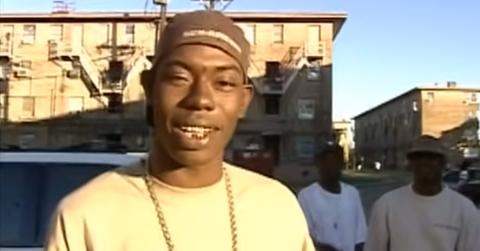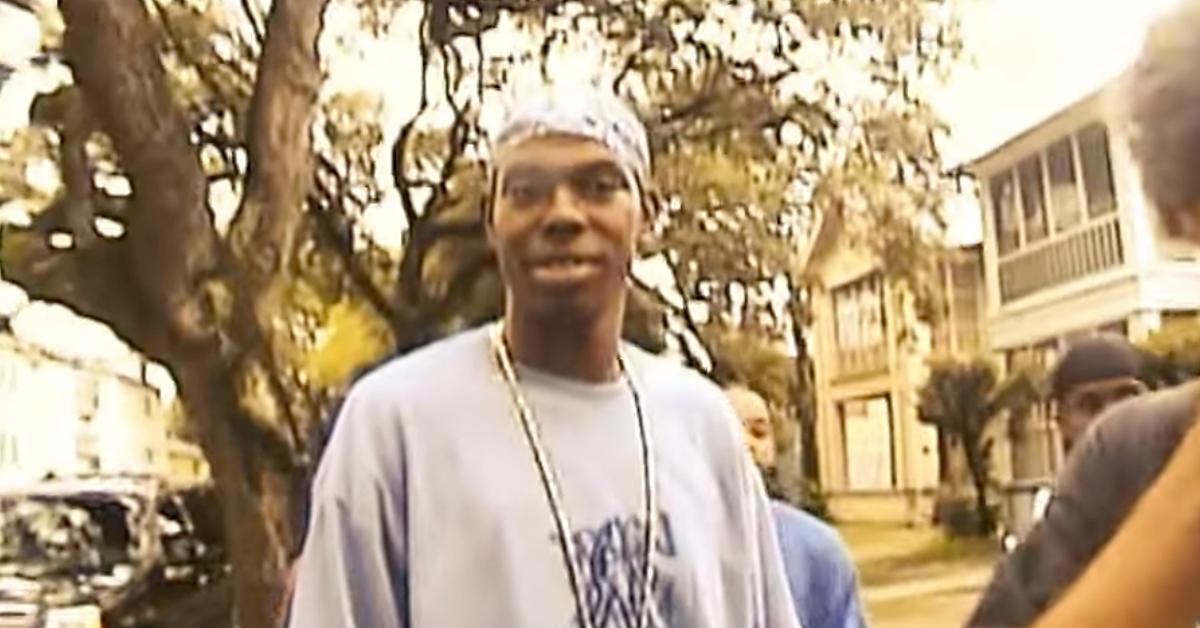What Happened to Soulja Slim? Inside His Career, Murder, and the Cold-Case Investigation
A stolen police gun, a $10K hit theory, and a No. 1 song after death — Soulja Slim’s story still unsettles New Orleans.
Published Nov. 26 2025, 10:11 a.m. ET
If you grew up on late-’90s and early-2000s Southern rap, Soulja Slim’s name still hits different. The New Orleans rapper, born James Adarryl Tapp Jr., helped shape an entire era of music before his life ended in 2003.
Slim was born in New Orleans and grew up in the Magnolia Projects, one of the city’s most well-known housing developments. He dropped out of high school in the 11th grade. According to NOLA, he began selling drugs and struggled with heroin and cocaine addiction, experiences he later poured into his music. Slim stood as one of the pioneers of New Orleans hip-hop until his tragic death. Here is a look at what happened to the rapper.
Soulja Slim was killed a day before Thanksgiving.
On Nov. 26, 2003 — the day before Thanksgiving — Slim went to visit his mother in the Gentilly neighborhood of New Orleans, according to Billboard. A gunman approached him outside the home and shot him multiple times in the face and chest on the front lawn. Paramedics pronounced him dead at the scene. He was 26.
New Orleans police moved quickly in the days that followed. On Dec. 31, 2003, officers arrested Garelle Smith, then 22, and booked him on a charge of first-degree murder in connection with Slim’s killing, according to Billboard. Officers found a stolen police pistol in Smith’s possession. Ballistics testing matched the gun to the bullets that killed Slim. Detectives also told reporters they believed the murder was a paid hit and alleged that Smith received about $10,000 to carry out the shooting.
However, when it came time to build a case, the system stalled. Prosecutors never brought Smith to trial for Slim’s murder or several other killings where he was a suspect. According to NOLA, Smith himself was later shot and killed in 2011. By then, he had been arrested or named as a suspect in multiple homicides but never convicted.
Soulja Slim was headed toward rap royalty status.
In the early ’90s, Slim performed as “Magnolia Slim” at block parties and small venues across New Orleans. His tapes "Soulja ’Fa’ Lyfe" and "Dark Side" sold about 90,000 copies and made him a local star. In 1998, he took the name Soulja Slim, signed with Master P’s No Limit Records, and released "Give It 2 ’Em Raw." Per MTV News, the album debuted at No. 13 on the Billboard 200 and No. 4 on the R&B/Hip-Hop chart, with about 82,000 first-week sales.
In 2003, Slim co-wrote “Slow Motion” with Juvenile. The song appeared on "Juve the Great" and was later dropped as a single. “Slow Motion” hit No. 1 on the Billboard Hot 100 in 2004, becoming the first chart-topper for both artists and the first No. 1 in Cash Money Records’ history. It was also one of the rare times a rapper earned a No. 1 posthumously. Juvenile later called Slim “my lil brother from another mother.”
“My lil brother from another mother. We called him by his real nickname Lil Ice Cream. Scream for short,” Juvenile wrote on Facebook. Adding, “I still miss him and always will. I told him he was to Louisiana what 2pac was to California. May they both continue 2 Rest In Peace.”

